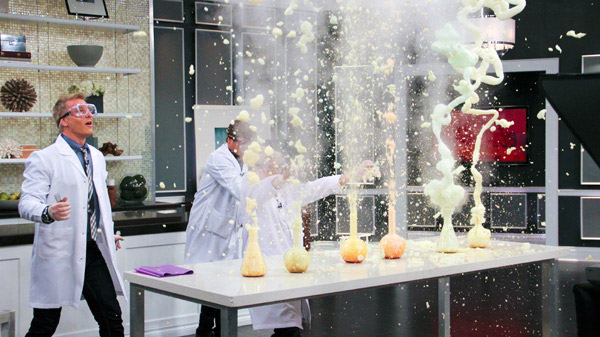
A speed hump on the road to evidence-based bioethics
An evolutionary argument for bad science

There have been calls to base bioethics more firmly on empirical analysis “to promote more balanced, and evidence-based, bioethics”. Ideally, this would do away with the need for woolly, unverifiable normative discourse.
However, an article in Royal Society Open Science should make bioethicists think twice about this. Paul Smaldino, a cognitive scientist at the University of California, Merced, and a colleague argue that “In fields such as psychology, neuroscience and medicine, practices that increase false discoveries remain not only common, but normative”. From this shocking assertion he goes on to argue that a natural selection leads not to truth, but to bad science.
some of the most powerful incentives in contemporary science actively encourage, reward and propagate poor research methods and abuse of statistical procedures. We term this process the natural selection of bad science to indicate that it requires no conscious strategizing nor cheating on the part of researchers. Instead, it arises from the positive selection of methods and habits that lead to publication.
His hypothesis backs up what other critics of research have been saying for decades: that confidence in the scientific method has to be tempered by an awareness of human fallibility.
Jobs in science are scarece and attractive. So scientists looking for positions or promotion tend to create studies with low statistical power but flashy results which make them stand out:
In the years between 1974 and 2014, the frequency of the words ‘innovative’, ‘groundbreaking’ and ‘novel’ in PubMed abstracts increased by 2500% or more. As it is unlikely that individual scientists have really become 25 times more innovative in the past 40 years, one can only conclude that this language evolution reflects a response to increasing pressures for novelty, and more generally to stand out from the crowd.
The consequences of this noxious dynamic are poorly designed studies, irreproducible results, and false positives. As the authors sardonically remark, “Science does not possess an ‘invisible hand’ mechanism through which the naked self-interest of individuals necessarily brings about a collectively optimal result.”
As if on cue, China’s drug regulator has released a damning report which says that more than 80% of clinical trial data for new drug registration is fraudulent or sub-standard. China’s State Food and Drug Administration (CFDA) says that the clinical trials industry is “chaotic”. The CFDA thundered that “the finding of clinical trial chaos and fraudulent behaviour is startling. We will deal severely with any instances of fraudulent and deceptive behaviour in relation to drug applications and unceasingly pursue the responsible officials.”
https://www.bioedge.org/images/2008images/TH_mad_science.jpg
Creative commons
https://www.bioedge.org/images/2008images/mad_science_experiments-thumb-600×337-287990.jpg
limitations of science
scientific method
- How long can you put off seeing the doctor because of lockdowns? - December 3, 2021
- House of Lords debates assisted suicide—again - October 28, 2021
- Spanish government tries to restrict conscientious objection - October 28, 2021
